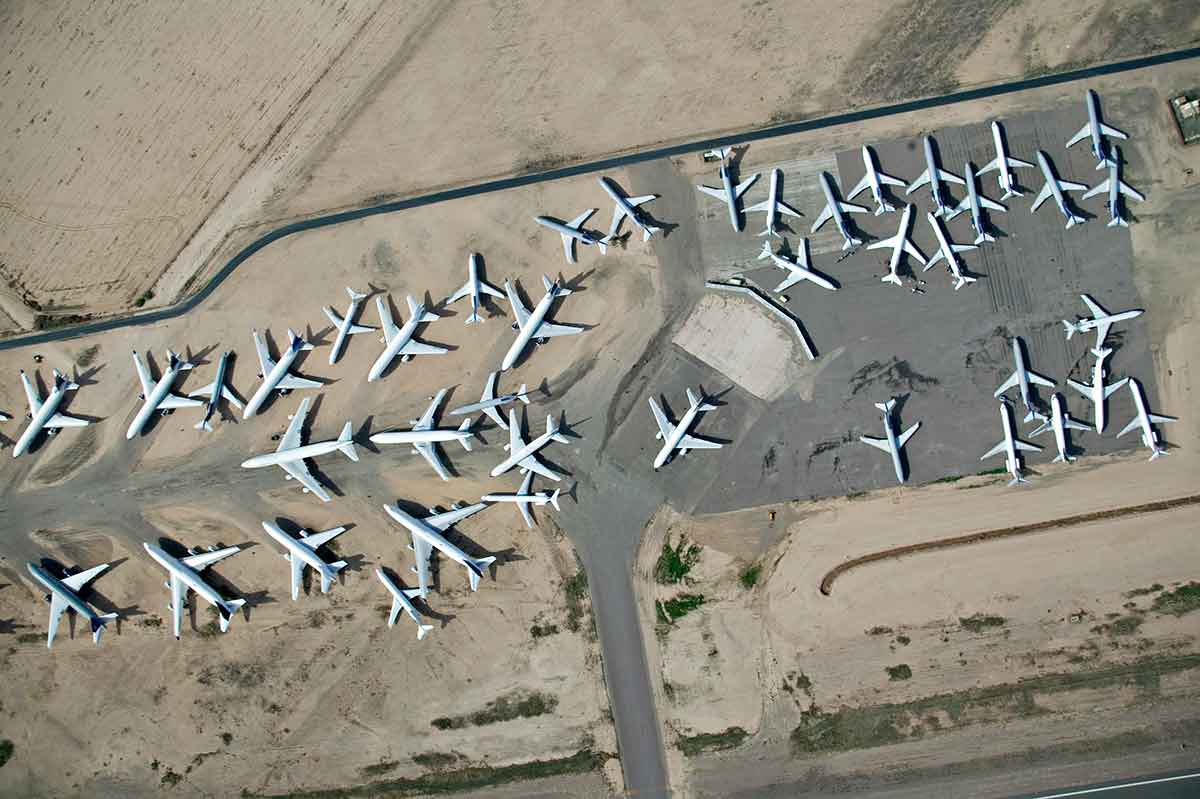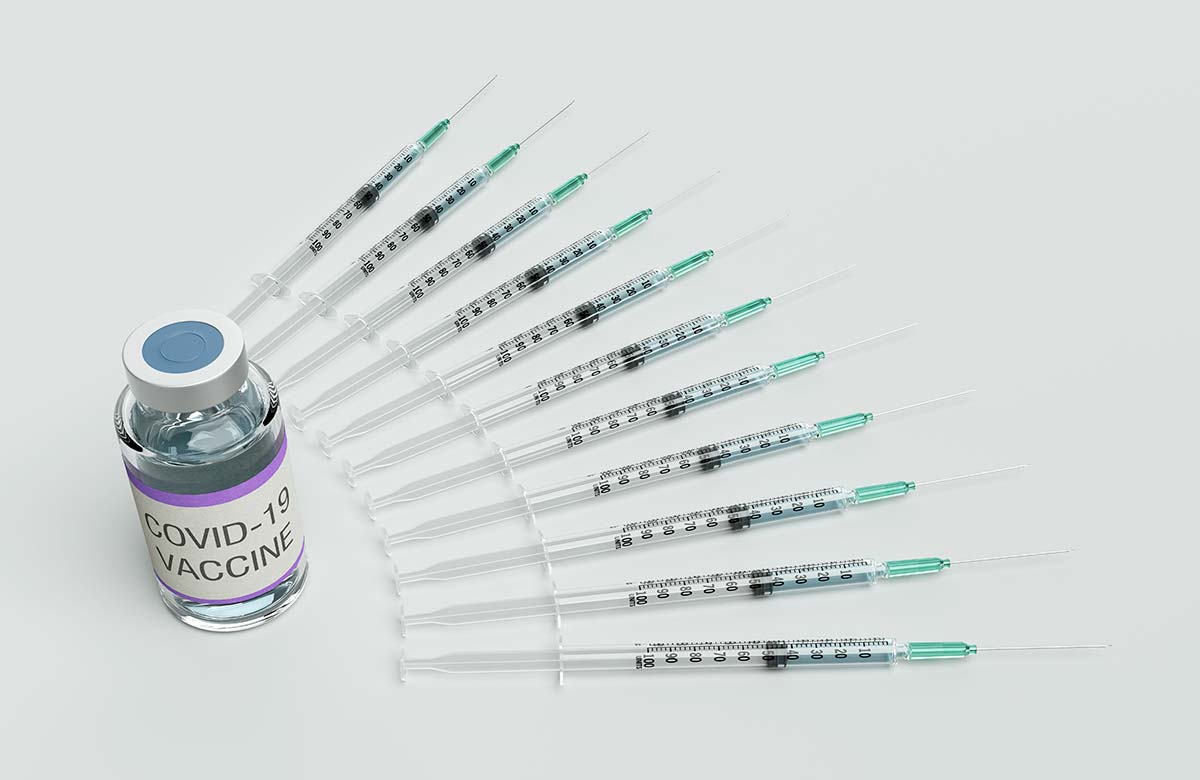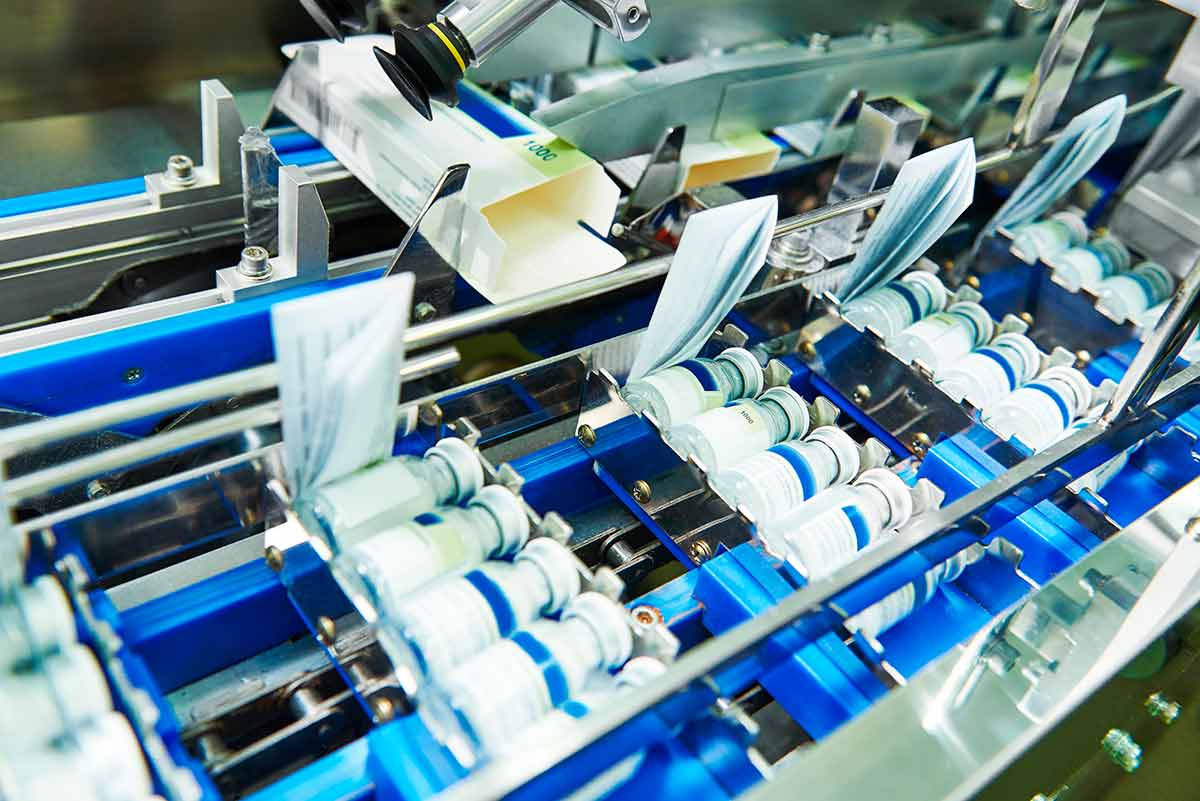Pharmaceutical shipments have an overwhelmingly large impact on the global response to infectious diseases and general healthcare.
COVID-19 has shown that effective healthcare logistics management requires not only regulatory expertise and extensive planning, but also a proactive global network of logistics experts who can respond to last-minute changes, namely flight cancellations and lockdowns.
British Airways recently announced the retirement of its entire Boeing 747 fleet - four years earlier than planned. Delta Airlines parked almost all its aircraft in Arizona, while American Airlines flew many of its fleet to a former military base in New Mexico, for long-term plane storage. Why? Because demand for international travel has plummeted, such that 7.5 million flights were cancelled between January and July 2020 (BBC).
Such an enormous reduction in carrying capacity, coupled with the rigorous logistical framework required for pharmaceuticals, has meant that only those logistics experts with a thorough understanding of the global supply chain are capable of delivering for the life sciences.

What do airline changes mean for life science logistics?
While the transportation of samples, medicines and vaccines appears a minor contributor to the overall air freight business, it is arguably the most demanding and vital.
This industry requires:
- Harmonized handling procedures and constant communication – liaising with airline carriers and transport partners, route planning and advanced preparation of all customs documentation is essential when transporting time and temperature-sensitive biological materials.
- Contingency planning - logistics experts will often pre-book airline space where possible, as well as utilizing alternative routings or cargo only options, ensuring on-time delivery no matter how late plans change.
- Advanced packaging and tracking capabilities - having real-time access to data on a sensitive shipment, including temperature and location, is often essential.
Managing COVID-19 for today, tomorrow and the future
A pandemic is plagued by uncertainties. Who would have predicted 12 months ago that there would be a global spike in the demand for personal protective equipment (PPE) and ventilators?
As of 10 August 2020, there are 139 COVID-19 vaccines in preclinical evaluation, with a further 28 in clinical evaluation and 6 of those are already in Phase 3. Should there be a vaccine deemed successful and safe for global populations, the next hurdle will be vaccine transportation.
Vaccines often require cold chain transportation and are ‘live’, meaning uncompromising standards of handling and shipping to ensure potency and effectiveness.
Airlines expect logistics partners to provide the necessary industry expertise to allow them to do their jobs without risk or delay. Operations personnel are continually monitoring the ever-changing supply chain, working out how to best expedite delivery of temperature-controlled vaccine materials as soon as they become available.
The ability to produce enough COVID-19 vaccines to create an effective global vaccination programme must also factor in distribution capabilities. Poor distribution could lead to unvaccinated pockets, and spikes in COVID-19. Working with regulatory bodies and national health administrations to create effective supply chains is pivotal, and Biocair has already begun addressing these issues and building networks.

This also means looking at how to transport the necessary raw materials for a mass vaccination programme, and making contingency plans to support clients who need to access all the components. Access includes possible transportation of materials to locations of high clinical security with fast turnaround times, to ensure the vaccine is received by those who need it most.
Many clients rely on Biocair’s expertise to transport their biological materials, therapies, medicines or vaccines. This is why the company has established specialist teams to support each discipline within the life sciences. A large proportion of Biocair’s customer service staff are science graduates with first-hand experience of the research, nature and value of the materials being transported.
For more information please contact your local office.

Mike Zhang
Deputy General Manager, Biocair China
Based in Shanghai, Mike has over 15 years’ experience of operations and sales in healthcare logistics. Mike has a proven record in developing comprehensive, tailored solutions to exceed client expectations in China.
